Audio
Kim Marriott - Monash Assistive Technology and Society Centre
Ablequest by
2RPH3 seasons
25/8/2023
13 mins
Prof Kim Marriott of the Monash Assistive Technology and Society Centre, talks about the purpose and work of the Centre.

Professor Kim Marriott, Director of the newly-established, innovative Monash Assistive Technology and Society Centre, explains the purpose of the Centre and its activities in helping people living with disabilities lead self-directed lives.
Original broadcast date: 25.08.23
Speaker 1 00:03
With information on the latest developments in assistive technology and initiatives, 2RPH brings you AbleQuest.
Speaker 2 00:14
you
Speaker 1 00:18
Hello, I'm Manny Roper. Monash University in Melbourne has a well -earned reputation for innovation, and partly because of this, is ranked in the top 1% of universities worldwide. And innovation is what characterizes one of Monash's latest initiatives, MATS, which stands for Monash Assistive Technology and Society.
Speaker 1 00:40
The MATS Centre helps people living with disabilities to lead self -directed lives. Emerging technologies have the potential to break down many of the barriers people with disabilities face at school, university, work, and in the social sphere.
Speaker 1 00:58
The team at MATS make it a priority to ensure they are addressing real problems faced by real people, so they work closely with the community via partnerships. Through a variety of projects, they are advancing responsible AI software engineering from every angle.
Speaker 1 01:17
Therefore, the team assembled represents many disciplines, including education, human -centred computing, business and economics, and occupational therapy. The Centre Director is Professor Kim Marriott, Head of the Human -Centred Computing Department at Monash, who speaks with Barbara Sullivan to explain more about the MATS Centre.
Speaker 3 01:43
Hello, Professor Marriott or Kim, if I may. Thanks for joining us on AbleQuest to talk about your exciting new Assistive Technology Centre at Monash.
Speaker 2 01:51
Thank you, Barbara, so much for inviting me.
Speaker 3 01:53
And what a rollercoaster I bet you've not long had the centre up and running. And let's start with a simple explanation of exactly what the Monash Assistive Technology and Society Centre is.
Speaker 2 02:06
Okay, well thank you, Barbara. So it's the first thing in Australia with a focus on disability and assistive technology and one of the biggest in the world. So it's looking at inventing new assistive technologies to support people with disability, but also understanding the social context in which these technologies are being used and the barriers to their use.
Speaker 2 02:26
Importantly, it's looking at research, but also education and everything that we do is community led.
Speaker 3 02:33
Explain the main activities of the Centre. So it's got...
Speaker 2 02:36
three pillars. The first one is, as I said, it's very important that everything we do is community -led. So first focus is community impact. So co -design, developing new technologies, advocacy, policy, advice and submissions.
Speaker 2 02:50
The second pillar is research. So developing innovative assistive technologies and a particular focus is on emerging digital technologies like artificial intelligence or metagreality 3D printing wearables.
Speaker 2 03:04
The third pillar is education. So supporting YNASH students with disabilities. And as you're no doubt aware, there's much less participation by people with disabilities in STEM, so science, technology, engineering and maths.
Speaker 2 03:18
So we want to increase participation in STEM disciplines. And also all students at YNASH should come out with understanding your disability and the need for inclusive design.
Speaker 3 03:31
Can you just tell me what were the drivers in setting this up? What got this whole wonderfully innovative idea underway?
Speaker 2 03:39
I work in the Faculty of IT and about five years ago we set up a successful group in inclusive technology which was looking at assistive technologies that was led by Kirsten Ellis. And we recognised actually that there are lots of other researchers and educators across Monash who are also interested in assistive technology and disability, you know, from the Faculty of Arts, Education, Medicine, Business, Engineering and Design and of course also in disability support services.
Speaker 2 04:07
So we ran a series of workshops last year to collect people who were interested in setting up a centre or get them talking to one another. So the centre has been developed very much as a bottom -up activity but of course Monash has been very, very supportive of the centre and it's a recognition by Monash of the importance of addressing all of the current barriers that face people with disabilities.
Speaker 3 04:31
And it sounds like you were involved from the get go. How did you actually get involved? Was this your idea? And tell us a little bit about your specialty.
Speaker 2 04:40
About 15 years ago, I was teaching algorithms and data structures, which is to IT students. This has a lot of diagrams. And I had a blind student and that made me really realize the significant barriers that we're facing blind students starting STEM.
Speaker 2 04:56
So I started to look at this. My background is a researcher in data visualization. So I've changed direction and started to look at how you can make graphical information accessible to people who are blind or have low vision.
Speaker 2 05:10
More recently, I've been looking at how you can use new technologies like 3D printing, refreshable tactile displays, sonification or meted reality, etc. to provide blind and low vision people with better access to information that sighted people take for granted.
Speaker 3 05:27
So there was one student in your class who had low vision or was blind. Are more students with disabilities now enrolling?
Speaker 2 05:34
Look, I work with a large number of different people who are blind and low vision. We have a lot of projects in a lot of different areas and I can talk about those later, but we certainly have some students studying information technology who are blind and low vision, but not enough.
Speaker 2 05:48
So that's one of the reasons for sending up the sender. We really need to do more to encourage students who are blind and low vision to study STEM. And this sort of starts in primary and secondary school because people who are blind and low vision find it difficult to access or study mathematics and other STEM subjects because of graphical material or they're not encouraged to study these subjects.
Speaker 3 06:11
So how would you measure the success of the centre?
Speaker 2 06:14
A real world impact on the lives of people with disabilities. That'll be in a number of different ways. So we've developed technologies that are being widely used, that we better support for minor students with disabilities and hopefully across the sector, the university sector, and we'll have more students with disabilities studying and working in STEM disciplines.
Speaker 3 06:35
So it sounds as if Monash actually has a good infrastructure for supporting people with disability. Disability support services department. And you interface with this presumably.
Speaker 2 06:48
That's correct. So we look like other universities that has disability support services and so they're just absolutely partners in the centre.
Speaker 3 06:58
So for something like this to succeed the center, you must rely on good partnerships, stable partnerships, and good relations with all the various departments because you've named several that are involved.
Speaker 3 07:10
Who are your partners, external partners?
Speaker 2 07:12
So look, we've had projects with Victorian Department of Education, specifically with SVRC, Roundtable for Print Disability, Next Sense, See Differently, Guide Dogs, Spevy, Vision Australia, Lion Citizens Australia, Wallara, Urella, Bendigo Art Gallery, Tennis Australia, Parks Victoria, Microsoft.
Speaker 2 07:36
Really, we have a large number of partners.
Speaker 3 07:39
It takes a lot to manage partnerships successfully. How do you do it?
Speaker 2 07:47
Okay, so I should be really clear. I should have said this before but the center we have about a hundred people have indicated interest in joining the center and I have an assistant director Louisa Willoughby from arts and we have pillar leads We have a large number of people all of who are really working together to make sure that this center is successful So it's not like I'm the only person doing this.
Speaker 2 08:11
It's been driven by all of us
Speaker 3 08:13
except that you're pulling it all together and you've got to stay right across it. Do you still have your departmental responsibilities and are you still teaching?
Speaker 2 08:23
That's a good question. Look, I was head of department, so I was head of the humans and computing department up until the end of last year. My term has had finished, which was for sure at its timing because it means that I can now spend a lot more time leading the centre.
Speaker 2 08:38
I have some teaching, but that teaching is well aligned with the centre. So I'm teaching, or teaching into professional practice and teaching IT students about inclusion and diversity.
Speaker 3 08:50
We talked about the community earlier on in the conversation. How do you stay connected with the community? Because you said you're community led and it's very important to make sure that whatever you're doing is practical for people in their everyday lives.
Speaker 2 09:05
We have very good connections with the community organisations. I talked about our projects in partnership with those organisations. For each of those projects, we have expert advisory groups. We are in the process of creating an expert advisory group for the Centre.
Speaker 2 09:21
We recruit people with lived experience of disability and with the Centre, we're about to create friends of maths and partners of maths. So the friends of maths will be for individuals who want to find out more about the Centre and stay in touch and we encourage people to join that and partners of maths for organisations who want to work with the Centre.
Speaker 3 09:41
And it keeps you as an academic and a researcher really working on emerging technologies keeps you grounded and and.
Speaker 2 09:50
Absolutely. I mean look, University of Research is academics. We can sometimes go off and investigate things that actually may not have as much practical benefit as other things and it's really important to make sure that what we're doing is grounded in real -world needs.
Speaker 3 10:08
I've read on your website about working with the Bendigo Gallery Art Gallery. Tell me about that project.
Speaker 2 10:14
Yes, so that's led by Matt Butler and a few years ago the Bendigo Art Gallery approached us. As you know, Bendigo Art Gallery, you know, it's a major regional gallery. They have wonderful exhibitions and it's a really important part of the Bendigo community.
Speaker 2 10:30
And they realised, and we realised because we work with Vision Australia there and talk to blind and low vision people in the Bendigo community that the blind and low vision people were feeling sort of left out because all their friends were going along to the Bendigo Art Gallery seeing the latest exhibition, talking about it, you know, being very proud of it and people who were blind or low vision were not able to do that and couldn't really access the exhibitions.
Speaker 2 10:56
Over the last couple of years we've worked with the Bendigo Art Gallery to make their exhibitions more accessible. In particular, we worked on the Briss and Delvers exhibition and also on the Mary Quant fashion revolutionary exhibition to provide access using a mix of tactile, audio and large dioramas and things like that to provide access to a multimodal experience.
Speaker 3 11:23
Well this must be fairly cutting edge from a gallery perspective is it?
Speaker 2 11:27
It certainly is, but around the world, galleries are realising that really they're excluding a large portion of the community. And so around the world, there's interest by galleries in trying to make their collections more accessible.
Speaker 2 11:42
So, Bindi goes at the forefront, but it is really galleries around the world are realising it in Australia as well.
Speaker 3 11:47
Is there a particular project that you would like to work on that you're starting to focus on?
Speaker 2 11:52
Yes, look, there's one that's very dear to my heart at the moment. We're just working with various education departments around Australia with blindness and eye vision organisations, and that's to increase accessibility for mathematics in secondary school for students who have blind and eye vision.
Speaker 3 12:08
Interesting. So Kim, what is the best way for people who are interested to contact Matt's?
Speaker 2 12:16
Look, the easiest way is look at our website. There's a contact maps email address there, and you can either search for Monash and Maps, and I think it comes up about second link, or you can go to monash .edu slash maps, M -A -T -S.
Speaker 3 12:36
Kim that's extremely interesting and I look forward to hearing more about various projects along the way. Good luck with your first year of operation and it's going to make a big difference to the lives of people with disabilities in Australia, I know.
Speaker 2 12:50
Thank you.
Speaker 3 12:58
I've just had the pleasure of speaking with Professor Kim Marriott, head of Human Centred Computing at Monash University. Recently, Kim has been appointed to head the team at MATS, or Monash Assistive Technology and Society.
Speaker 3 13:14
And don't forget, AbleQuest programs are all available as podcasts on the 2RPH website www .2rph .org .au or via your favourite podcast channels. Thanks for tuning in to AbleQuest today.
Speaker 1 13:37
You have just been listening to AbleQuest, a program that looks at developments in assistive technology. From Barbara Sullivan and Manny Roper, thank you for listening and goodbye to our next program.
Continue listening

Blind Sports Australia CEO Matt Clayton speaks about its work with blind and vision impaired athletes across 21 sports.
Matt Clayton - Blind Sports Australia
Ablequest by 2RPH
5/5/2023
•13 mins
Audio

Vivid, Sydney's celebration of creativity, seen from a disability access focus by its director.
Gill Minervini - Vivid
Ablequest by 2RPH
19/5/2023
•14 mins
Audio

This program discusses dance movement therapy and how it works - featuring Cecilia King of the Dance Therapy Association.
Cecilia King - Dance Therapy
Ablequest by 2RPH
14 mins
Audio

What are the challenges of providing audio description on Oz TV? Hear Lauren Henley, Aust Federation of Disability Organisations.
Lauren Henley - Audio Description
Ablequest by 2RPH
16/6/2023
•14 mins
Audio

In Part 1 of a 2RPH interview, assistive tech expert David Woodbridge explores latest innovations to make everyday life easier.
David Woodbridge - Tech Update Part 1
Ablequest by 2RPH
30/6/2023
•14 mins
Audio

Features Robert Duff-Silsby of Luddi, Perth company developing assistive devices for all people and bodies.
Robert Duff-Silsby - Sexual Wellbeing
Ablequest by 2RPH
13 mins
Audio

In Part 2 of this conversation with 2RPH's Ablequest, expert David Woodbridge reviews latest assistive technologies.
David Woodbridge - Tech Update Part 2
Ablequest by 2RPH
28/7/2023
•14 mins
Audio

Matt Clayton of Blind Sports Australia and the Oz team's Chef de Mission, discusses the forthcoming World Blind Games in the UK.
Matt Clayton - World Blind Games
Ablequest by 2RPH
11/8/2023
•13 mins
Audio

Prof Kim Marriott of the Monash Assistive Technology and Society Centre, talks about the purpose and work of the Centre.
Kim Marriott - Monash Assistive Technology and Society Centre
Ablequest by 2RPH
25/8/2023
•13 mins
Audio

Ablequest features an interview with Serena Ovens, new CEO of Assistive Technology Supplies Australia or "ATSA".
Serena Ovens - Assistive Technology Supplies Australia
Ablequest by 2RPH
14 mins
Audio

Part 1 of an interview on the voice-activated app, Bindi Maps.
Anna Wright - Bindi Maps (Part 1)
Ablequest by 2RPH
14 mins
Audio

This is Part 2 of an interview with Dr Anna Wright, explaining how Bindi Maps works.
Anna Wright - Bindi Maps (Part 2)
Ablequest by 2RPH
14 mins
Audio

Artist Ebony Wightman of disability-led We Are Studios talks about art and challenge.
Ebony Wightman - We Are Studios
Ablequest by 2RPH
20/10/2023
•13 mins
Audio

Prof. Leeanne Carey discusses the SENSe program, her team's world-first therapy to help stroke survivors.
Leeanne Carey - SENSe Therapy
Ablequest by 2RPH
2/11/2023
•13 mins
Audio

Youthworks Accessibility Minister Bec Baines talks of making church accessible to young people with disabilities.
Bec Baines - Youth and Worship
Ablequest by 2RPH
16/11/2023
•14 mins
Audio

Nikki Hind, Australia's first blind fashion designer, discusses her work.
Nikki Hind: Blind Grit
Ablequest by 2RPH
1 December 2023
•14 mins
Audio

Dr Dimity Williams, family GP, recommends spending more time in nature - and a "green hour" each day.
Green Hour: Dr Dimity Williams
Ablequest by 2RPH
5 December 2023
•14 mins
Audio

Imagine sitting in a wheelchair for hours, being unable to move your fingers or arm to do simple things like pick up a glass.
Konstanze Hager - Bateo
Ablequest by 2RPH
Konstanze Hager - Bateo
•14 mins
Audio

Action Audio is a new language being created to transcend sport.
Machar Reid - Action Audio
Ablequest by 2RPH
Machar Reid - Action Audio
•14 mins
Audio

What a difference one person with experience, passion and energy can make to many lives.
Julie Ross-Edwards - Head High
Ablequest by 2RPH
Julie Ross-Edwards - Head High
•14 mins
Audio

Driver educator outlines what's needed for a person with disability to get a driver's licence.
Ronak Shah: on-road driving education
Ablequest by 2RPH
12 January 2024
•14 mins
Audio

Vision Australia's Christo Sarantakis talks of his life, blindness and assistive tech changes.
Christo Sarantakis of Vision Australia
Ablequest by 2RPH
26 January 2024
•14 mins
Audio

Introducing Australia's first pictureless feature film, TOUCH, showing in Sydney.
Majella Knobel: "Touch" - open air movie
Ablequest by 2RPH
9 February 2024
•14 mins
Audio

An expert discusses the use of horticultural therapy for people with disabilities.
Steven Wells: horticultural therapy
Ablequest by 2RPH
23 February 2024
•14 mins
Audio

Features articles on latest blind-assistive tech including a new bus app and smart ear buds.
Assistive tech news catchup
Ablequest by 2RPH
8 March 2024
•14 mins
Audio

Features an innovative hospitality industry training program for people with disabilities.
Saraya O'Connell - Hotel Etico Independence Program
Ablequest by 2RPH
22 March 2024
•14 mins
Audio

Guests discuss the Obi robotic dining assistant for people with upper arm disabilities.
Hugh Kingley and Rachel Dekkar: Obi
Ablequest by 2RPH
19 April 2024
•14 mins
Audio

A spy-themed computer program tackles the mystery of social encounters - outlined by its company's CEO.
Kathleen Davey - Social Science Translated
Ablequest by 2RPH
3 May 2024
•14 mins
Audio

A Sydney organisation delivers creative arts and life skills to people with disabilities.
ChoppA Green - Studio Artes
Ablequest by 2RPH
17 May 2024
•14 mins
Audio

An award-winning Central Coast NSW disability service shares its successful strategies.
Lonestar Makoni - Breaking Barriers Disability Services
Ablequest by 2RPH
31 May 2024
•14 mins
Audio

Part 1 of a conversation with an Australian neuroscience research pioneer about benefits of music in brain injury recovery.
Professor Sarah Wilson (part 1)
Ablequest by 2RPH
14 June 2024
•14 mins
Audio

Part 2 of a conversation with a leading neuroscientist of benefits of music in brain injury recovery.
Professor Sarah Wilson (part 2)
Ablequest by 2RPH
28 June 2024
•14 mins
Audio

A CEO talks about his company's award-winning assistive physical therapy device.
Justin Keenan - LusioMate
Ablequest by 2RPH
12 July 2024
•14 mins
Audio

Information about a program teaching good cyber-security practices to make daily life safer.
Jess Wilson: Be Connected
Ablequest by 2RPH
26 July 2024
•14 mins
Audio

A veteran print disability broadcaster with macular degeneration shares her experiences.
Teresa Plane - 2RPH
Ablequest by 2RPH
9 August 2024
•14 mins
Audio

The founder of a blind-assistive technology company shares latest developments.
Peter Ford - Control Bionics (part 1)
Ablequest by 2RPH
6 September 2024
•14 mins
Audio

Part 2 of an interview with the head of an innovative blind-assistive technology company.
Peter Ford - Control Bionics (part 2)
Ablequest by 2RPH
20 September 2024
•13 mins
Audio

Looks at a project to better inform refugee and migrant women on AI.
Good Things - Jess Wilson
Ablequest by 2RPH
4 October 2024
•14 mins
Audio

An expert with lived experience corrects some widespread misconceptions about stuttering.
Dale Williams - Stuttering Awareness Day
Ablequest by 2RPH
18 October 2024
•14 mins
Audio

An inventor discusses his an innovative cane tip to help people with blindness or low vision.
Peter Rickards - Sensaball
Ablequest by 2RPH
15 November 2024
•13 mins
Audio

Part 1 of an interview with an Australian expert on low-vision-assistive technology, on AI and other developments.
David Woodbridge (part 1)
Ablequest by 2RPH
29/11/2024
•14 mins
Audio

Conclusion of an interview with a leading Australian expert on blind-assistive technology.
David Woodbridge (part 2)
Ablequest by 2RPH
13 December 2024
•14 mins
Audio

Looks at the leading stroke treatment work of the Royal Rehabilitation Hospital, Ryde NSW.
Jason Redhead and Graham Cooper of Royal Rehab Ryde
Ablequest by 2RPH
10 January 2025
•14 mins
Audio

An innovative social media platform aims to address isolation and loneliness in the disability community.
Steve Bear - Alvie
Ablequest by 2RPH
7 February 2025
•12 mins
Audio

Australia's largest provider of Auslan sign services outlines its important work.
Brett Casey - Deaf Connect
Ablequest by 2RPH
21 February 2025
•14 mins
Audio

Looks at an Australian organisation's work at helping men seek help and build self-awareness.
Tommy Herschell - Find Ya Feet
Ablequest by 2RPH
7 March 2025
•14 mins
Audio

A speech pathoplogist discusses her work with young people's complex communication needs.
Denise West - Scope
Ablequest by 2RPH
21 March 2025
•14 mins
Audio

A vision-impaired disability rights advocate talks of her work and learning podcast skills.
Freya Wolf
Ablequest by 2RPH
4 April 2025
•14 mins
Audio

A leading Australian eye researcher talks of his team's work in creating new hope for people with retinal damage.
Raymond Wong - Centre for Eye Research Australia
Ablequest by 2RPH
18 April 2025
•14 mins
Audio

A wheelchair-using business owner, facilitator and car rally driver shares experiences and insights.
Mel Harrison - Sitting Low, Reaching High
Ablequest by 2RPH
2 May 2025
•13 mins
Audio
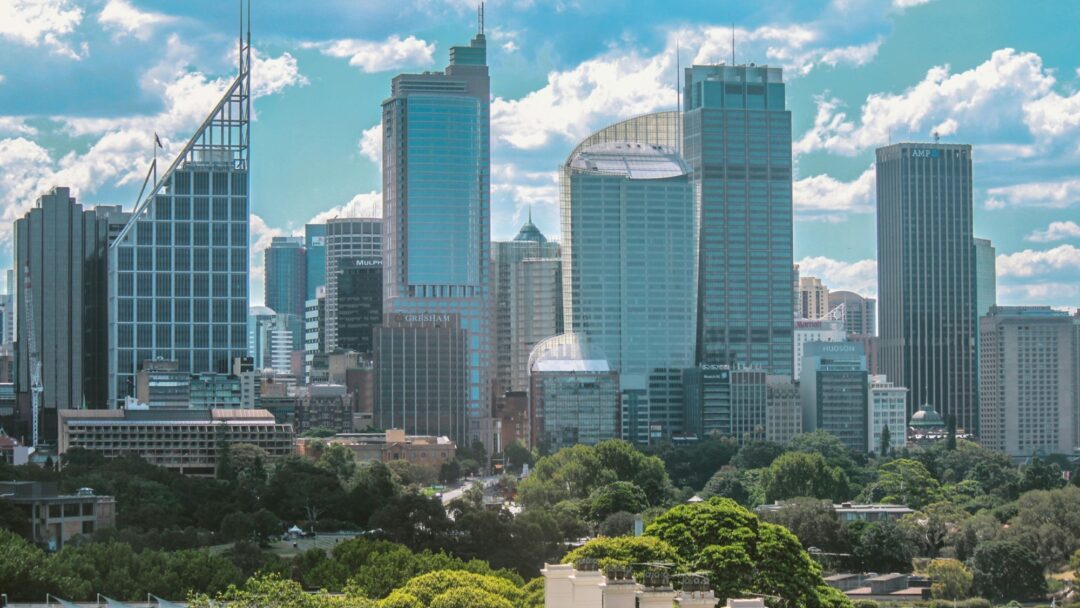
Disability Pride Month in July promotes awareness about people with disability and also celebrates individuals with disability.
Hannah Solomons - Sydney Disability Pride
Ablequest by 2RPH
Hannah Solomons - Sydney Disability Pride
•14 mins
Audio
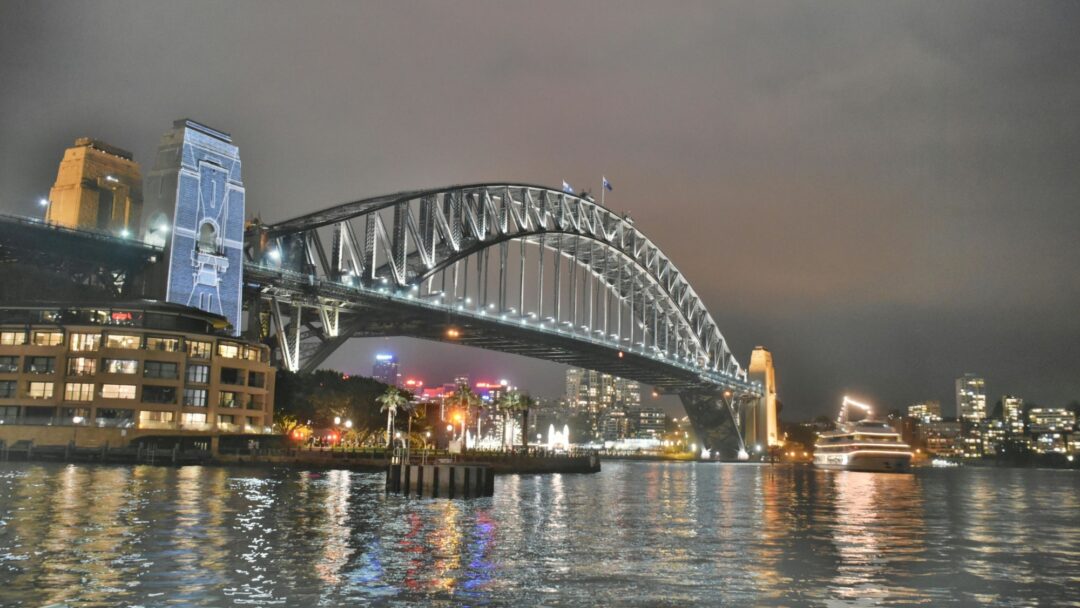
Deb Roach is a three-time pole dancing world champion yet she has only one arm.
Deb Roach
Ablequest by 2RPH
Deb Roach
•13 mins
Audio
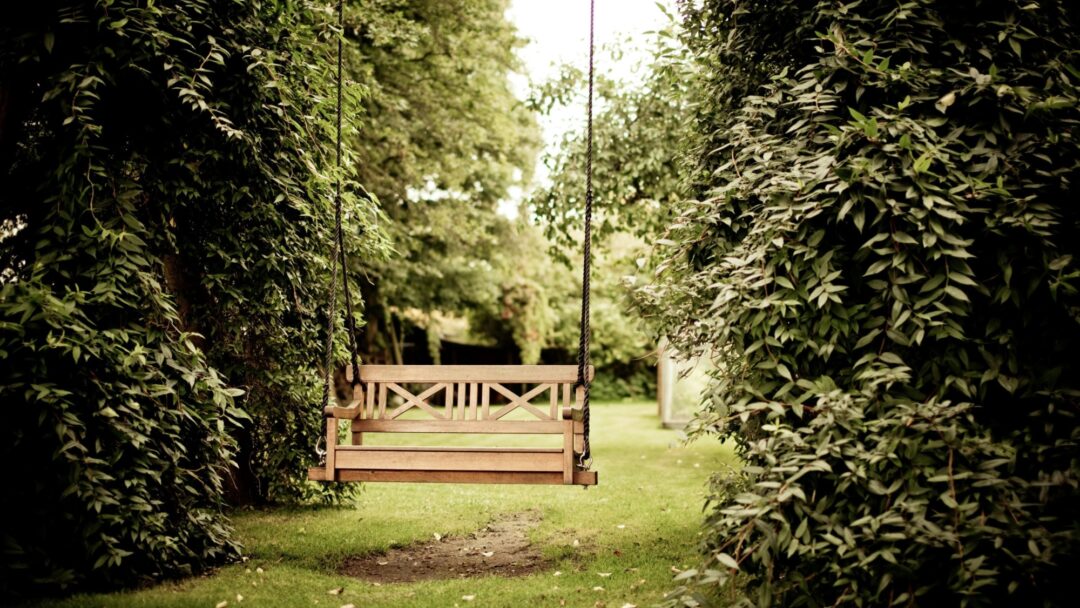
Being in nature is good for you whether it is being in the garden or walking along the beach.
Kayte Kitchen - Admirari Nature Therapy
Ablequest by 2RPH
Kayte Kitchen - Admirari Nature Therapy
•14 mins
Audio
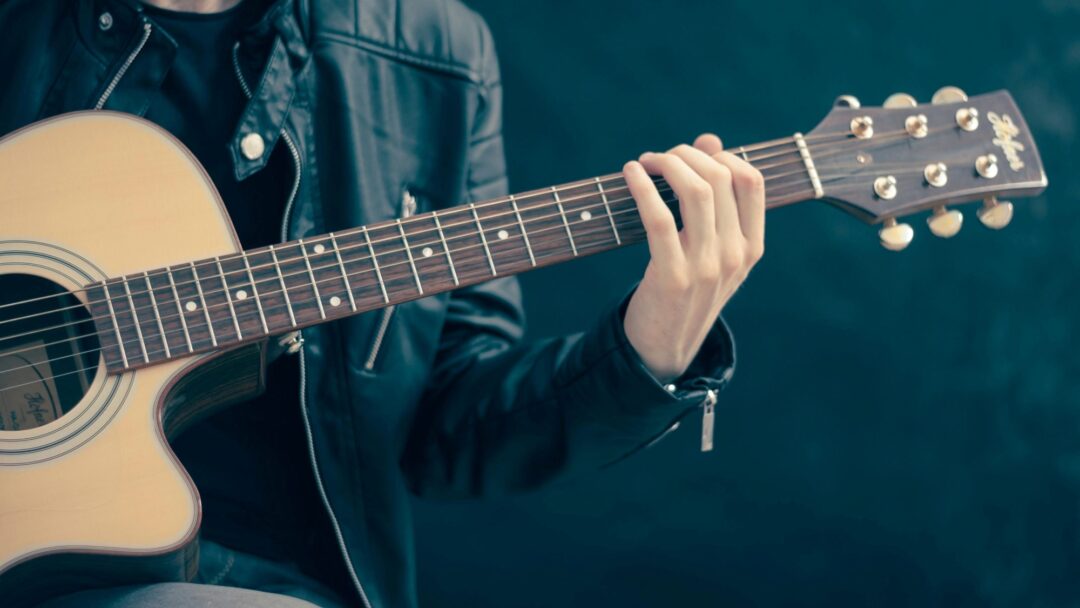
Music can evoke emotions that bring back memories and the same is true for people living with dementia.
Zara Thompson - Music Therapy
Ablequest by 2RPH
Zara Thompson - Music Therapy
•14 mins
Audio
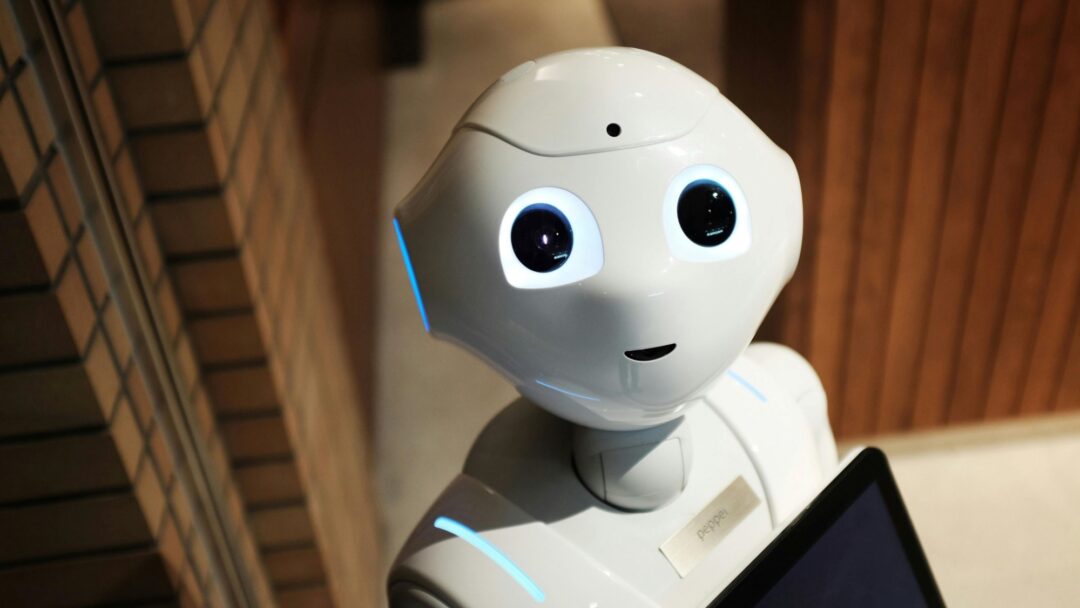
Laura Boccanfuso is founder and CEO of Van Robotics, a social robotics company based in South Carolina in the United States.
Laura Boccanfuso - Van Robotics
Ablequest by 2RPH
Laura Boccanfuso - Van Robotics
•14 mins
Audio
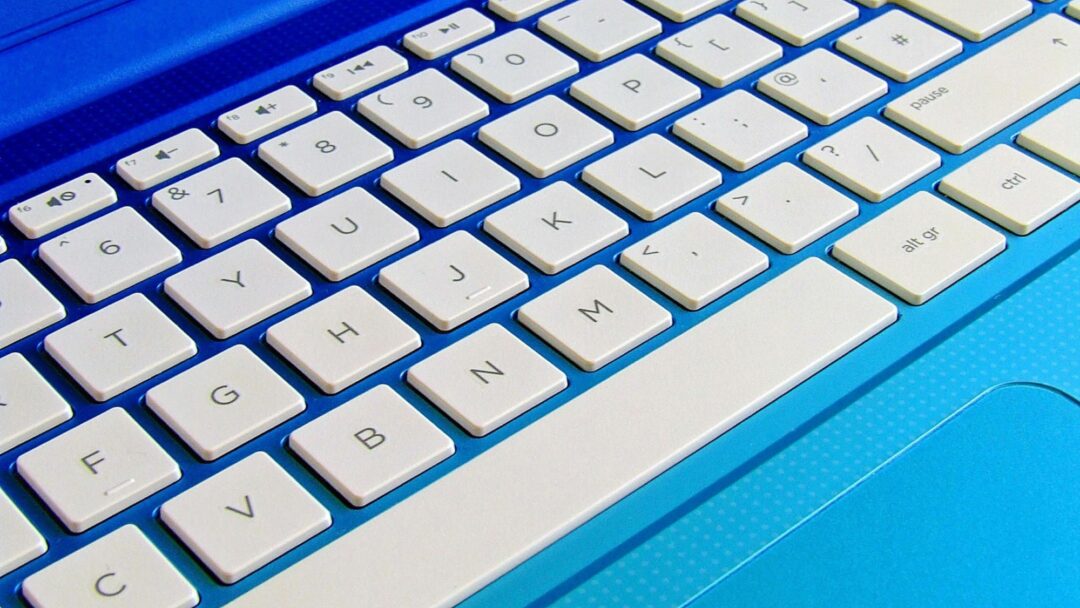
Two years ago Maggie O'Connell, in her mid 20's never had a full time job.
Maggie O'Connell - AFP
Ablequest by 2RPH
Maggie O'Connell - AFP
•14 mins
Audio
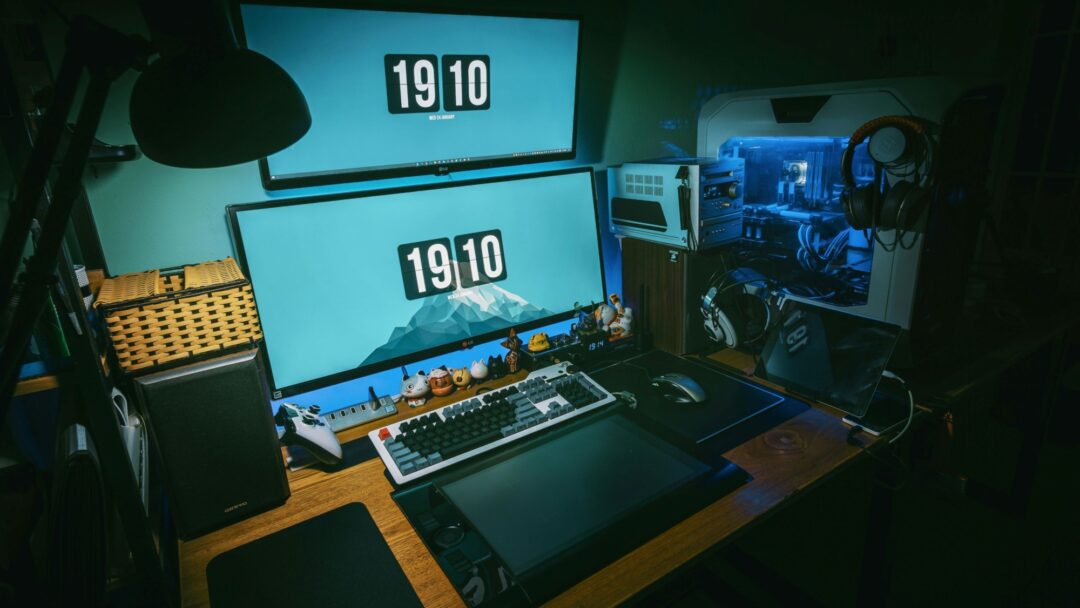
Julie Ross-Edwards, founder of Head High Disability Services, returns to Ablequest to speak more about Head High's philosophy and special approach.
Head High (Update)
Ablequest by 2RPH
Head High (Update)
•13 mins
Audio
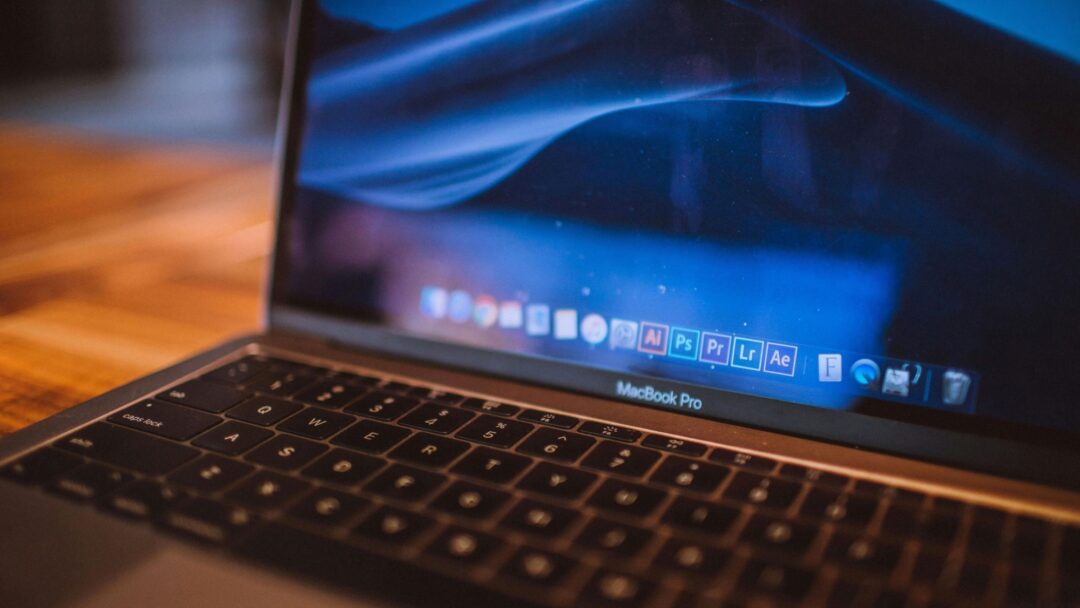
David Woodbridge, an expert in assistive technology for people with no or low vision, is a regular guest on Ablequest.
David Woodbridge
Ablequest by 2RPH
David Woodbridge
•14 mins
Audio

Pete Horsley is the Founder of Remarkable, a global start up and initiative of the Cerebral Palsy Alliance.
Pete Horsley - Remarkable Disability Tech Summit
Ablequest by 2RPH
Pete Horsley - Remarkable Disability Tech Summit
•14 mins
Audio